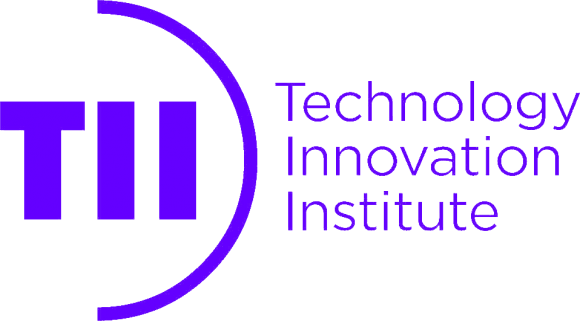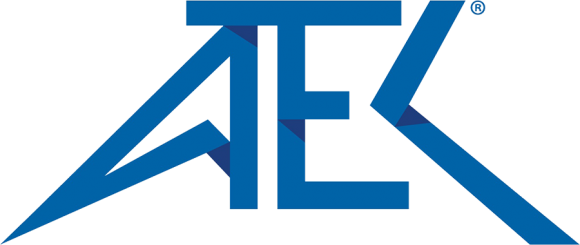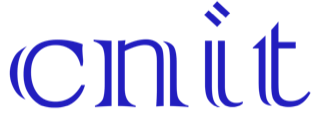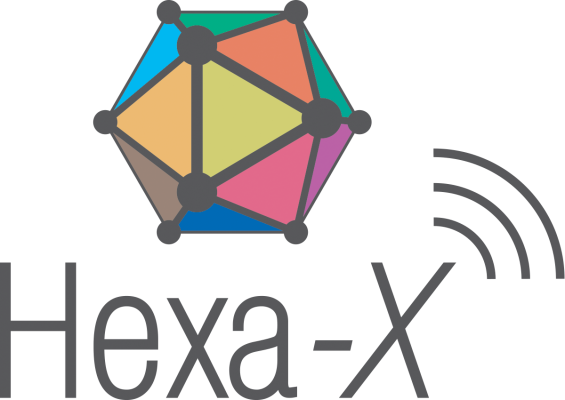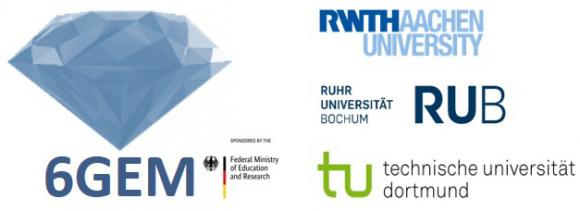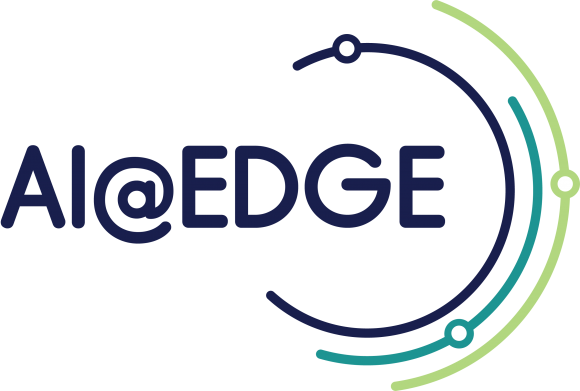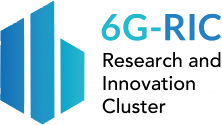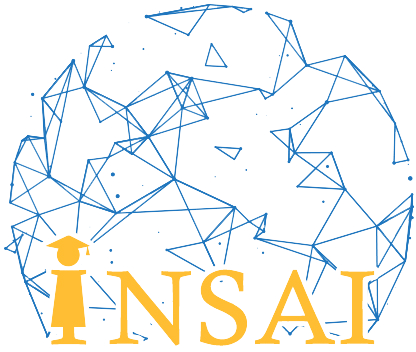IEEE ICC 2023 Workshop on:
OTFS and Delay-Doppler Multicarrier Communications for 6G
Rome, Italy | 28 May - 01 June 2023
General CO-CHAIRS
Jinhong Yuan, University of New South Wales, Australia
Jingxian Wu, University of Arkansas, USA
Yi Hong, Monash University, Australia
TPC CO-CHAIRS
Hai Lin, Osaka Metropolitan University, Japan
Saif K. Mohammed, Indian Institute of Technology Delhi, India
Arman Farhang, Trinity College Dublin, Ireland
SCOPE
Future wireless networks are expected to provide high speed and ultra-reliable communications for a wide range of emerging mobile applications, including online gaming, vehicle-to-everything (V2X), and high-speed railway systems. Communications in high-mobility scenarios suffer from severe channel Doppler spreads, which deteriorate the performance of the widely adopted orthogonal frequency division multiplexing (OFDM) modulation in the current fourth-generation (4G) and fifth-generation (5G) networks. On the other hand, the spectrum congestion under 6 GHz frequency bands and data hungry applications make communications over high frequency bands desirable, such as millimeter wave (mmWave) bands ranging from 30 GHz to 300 GHz with much wider available bandwidth.
In 2017, a two-dimensional (2D) modulation scheme referred to as orthogonal time frequency space (OTFS) was proposed, where the information symbols are multiplexed in the delay-Doppler (DD) domain rather than the time-frequency (TF) domain as the traditional modulation techniques. The DD domain multiplexing provides the possibility to embrace the channel impairments, such as delay and Doppler shifts, and to provide the benefits of delay- and Doppler-resilience. More importantly, OTFS enjoys the full time-frequency diversity of the channel, which is the key to provide reliable communications. Rather than considering a time-varying channel representation in the time-delay domain or time-frequency domain, OTFS modulation considers quasi time-invariant channel representation in the DD domain, where the DD spread function has attractive properties, such as separability, compactness, stability or stationary, and possibly sparsity, and it has potential to be exploited for OTFS system designs.
Recently, OTFS has motivated researchers to develop delay-Doppler multicarrier (DDMC) modulation, such as orthogonal delay-Doppler division multiplexing (ODDM), which can achieve orthogonality with respect to the channels' delay and Doppler resolutions that are generally much smaller than the symbol duration and subcarrier spacing in conventional OFDM. ODDM, or general DDMC modulation, is a promising waveform for future wireless systems, particularly on doubly-selective channels. This type of schemes not only provides robust performance in high-mobility channels, they can also be a viable choice for the future integrated sensing and communication systems (ISAC), due to that their transmit/receive pulses and the corresponding ambiguity function satisfy the orthogonality property with respect to the delay-Doppler resolutions.
As existing wireless communication design principles and technologies were mainly for low-mobility channel characteristics at a low carrier frequency, OTFS and general DDMC introduce new critical challenges for transceiver architecture and algorithm designs. To fully unleash the potential of OTFS and general DDMC, challenging fundamental research problems and many practical design issues must be addressed, including channel estimation, detection techniques, and multiple antenna and multiple user systems design. This workshop aims at bringing together academic and industrial researchers in an effort to identify and discuss the major technical challenges, recent breakthroughs, and new applications related to OTFS and DDMC.
IMPORTANT DATES
Paper Submission Deadline:
3 February 2023 (Extended) 20 January 2023
Paper Acceptance Notification:
13 March 2023
Camera Ready and Registration for accepted papers:
22 March 2023







